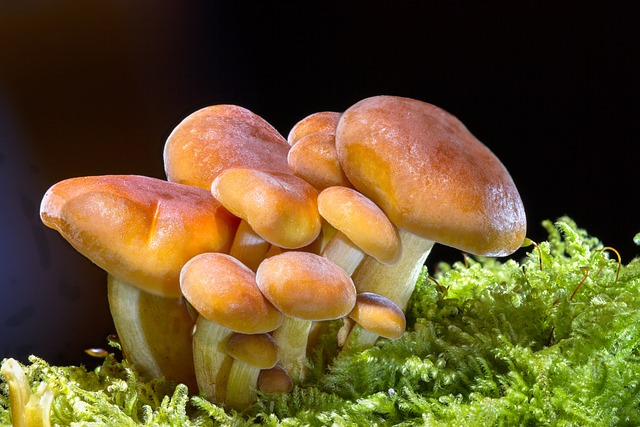Unveiling the Surprising Superpowers of Probiotics: How They Boost Your Immune System
Probiotics have been gaining popularity in recent years for their remarkable health benefits, particularly when it comes to boosting the immune system. These microscopic superheroes have the power to support our bodies in fighting off infections, reducing inflammation, and even improving mental health. Let’s delve into the fascinating world of probiotics and discover how they work their magic to enhance our immune defenses.
The Basics: What Are Probiotics?
Probiotics are live microorganisms, typically bacteria or yeast, that provide various health benefits when consumed in adequate amounts. They are often referred to as “good bacteria” because of their positive effects on our bodies. While we tend to associate bacteria with illnesses, it’s important to note that not all bacteria are harmful. In fact, our bodies are home to trillions of bacteria, both good and bad, which make up our microbiome.
How Do Probiotics Boost the Immune System?
Our immune system plays a crucial role in protecting us from harmful pathogens such as bacteria, viruses, and fungi. Probiotics can enhance the immune system in multiple ways, including:
1. Reinforcing the Gut Barrier
The gut is one of the primary sites where the immune system interacts with the external environment. Probiotics can strengthen the gut barrier by promoting the production of antimicrobial peptides and tightening the junctions between intestinal cells. This helps prevent pathogens from entering the bloodstream and causing infections.
2. Stimulating Immune Cells
Probiotics have been shown to activate and enhance the function of various immune cells, such as natural killer cells, macrophages, and T lymphocytes. These immune cells play a crucial role in identifying and eliminating harmful invaders, thus bolstering our immune defenses.
3. Modulating Inflammation
Chronic inflammation can negatively impact the immune system and contribute to the development of various diseases. Probiotics have been found to possess anti-inflammatory properties, helping to regulate and reduce inflammation in the body. By mitigating excessive inflammation, probiotics can indirectly boost the immune system’s overall functioning.
4. Producing Antimicrobial Substances
Some strains of probiotics have the ability to produce antimicrobial substances, such as bacteriocins, hydrogen peroxide, and short-chain fatty acids. These compounds act as natural antibiotics, inhibiting the growth of harmful bacteria and promoting a healthy balance of microorganisms in our body.
Probiotics and Immune-Related Conditions
The immune-boosting properties of probiotics have been linked to improvements in various immune-related conditions, including:
1. Respiratory Infections
Probiotics, particularly strains of Lactobacillus and Bifidobacterium, have shown promise in reducing the risk and severity of respiratory infections, such as the common cold and influenza.
2. Allergies
Research suggests that probiotics might help alleviate allergic symptoms by modulating immune responses and promoting immune tolerance. They have shown potential in preventing and managing conditions like eczema, hay fever, and allergic rhinitis.
3. Intestinal Infections
Probiotics can help prevent and treat certain intestinal infections, such as antibiotic-associated diarrhea and Clostridium difficile infection. They achieve this by restoring the balance of gut bacteria and inhibiting the growth of harmful pathogens.
4. Autoimmune Diseases
Although more research is needed, early studies suggest that probiotics may offer benefits in managing autoimmune diseases like rheumatoid arthritis, inflammatory bowel disease, and multiple sclerosis. The modulation of gut microbiota and immune responses appears to play a significant role in these potential therapeutic effects.







